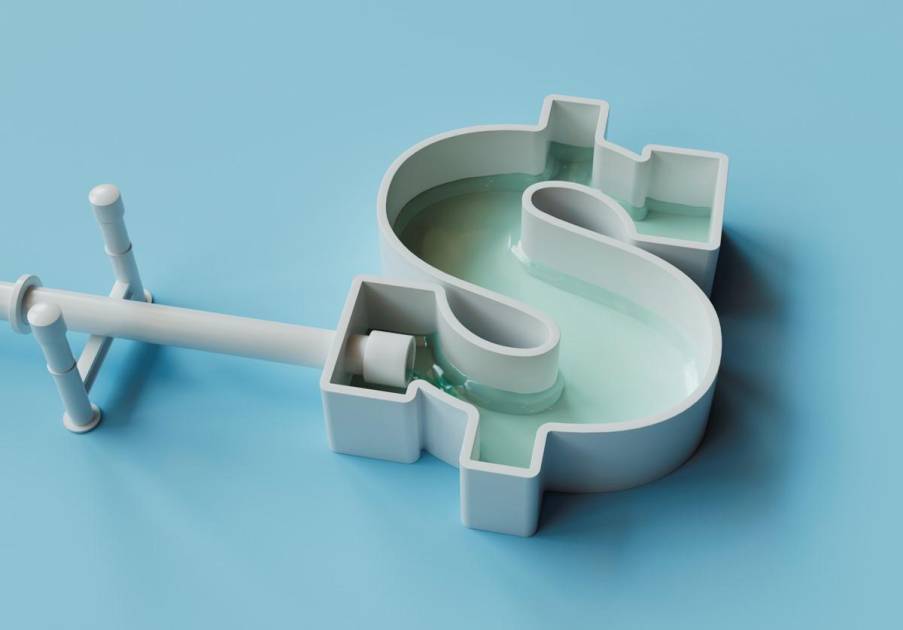Environmentalist Mario Morales highlights that companies are beginning to develop their sustainability strategies based on the fact that water is essential for the production of goods or services or for the minimal functioning of societies.
Jose A. By Barrera – Strategy & Business
Mario Morales, CEO of the Water Institute, believes that certain private companies understand the issue of sustainability by understanding their role in the exploitation of resources such as water.
“Private companies have entered from a sustainability point of view, where they feel part of a territory from a profit point of view, in which the issue of reputation is important,” he clarified.
The environmentalist highlights that companies start building their sustainability strategies based on the fact that water is essential for the production of goods or services or for the minimal functioning of societies.
“That awareness led them to continue to raise the issue of water,” he highlighted.
This shift is leading to a shift from a green economy to a blue economy with water conservation and safety as the main focus.
“People who talk about water in the region always talk about 'green', talk about the environment, but their era is ending and the era of blue is beginning, because water has an identity and blue funds and strategies and blue seals. The region needs,” he noted.
Carlos Aguilar of Azur, as in all countries of the world, Agriculture sector is a major consumer of water resources.
What stands out is that the sector has a great opportunity to reduce losses in both open canals and irrigation water diversion in irrigation systems in countries like El Salvador.
“When they become more technologically advanced, this use of water resources can be drastically reduced,” he said.
He added that There are also many processes that do not require fresh water at an industrial level and can function perfectly well with treated water.
“Instead of using clean water, this is an opportunity to use water treated from plants,” he said.
Water Co has been working in this direction since 2013. The institute was formed with the aim of contributing to the well-being of millions of people through knowledge about water.
The company is a partner of CentraRSE and is a pioneer in offering a product that follows global corporate trends in sustainability with a greater emphasis on blue meaning.
Morales points out that Adapting to climate change requires adapting to this variability and this is achieved through infrastructure and basin-based solutions.But with gray infrastructure, huts, gabions, breakwaters, hydraulic works, dams and reservoirs store water that is later used for irrigation.
“There are many challenges for this area, there is a lot of public and private investment, and they are starting to see how they are doing it in the basins in the Mediterranean, which have improved water use in arid areas by using surface and groundwater,” he said.
John McCormack, director of the Climate Action Institute of the Salvadoran Association of Industrialists (ASI), says that typically a medium or large company needs to invest half a million to a million dollars to have an efficient treatment system. Water reuse, i.e. planned investment, is no longer about marketing or “greenwashing”, but they have seen the need to live up to a standard.
“We have some companies that have gone a step further and are already certified with ISO 14001, various international certifications for performance processes in operations,” he concluded.

